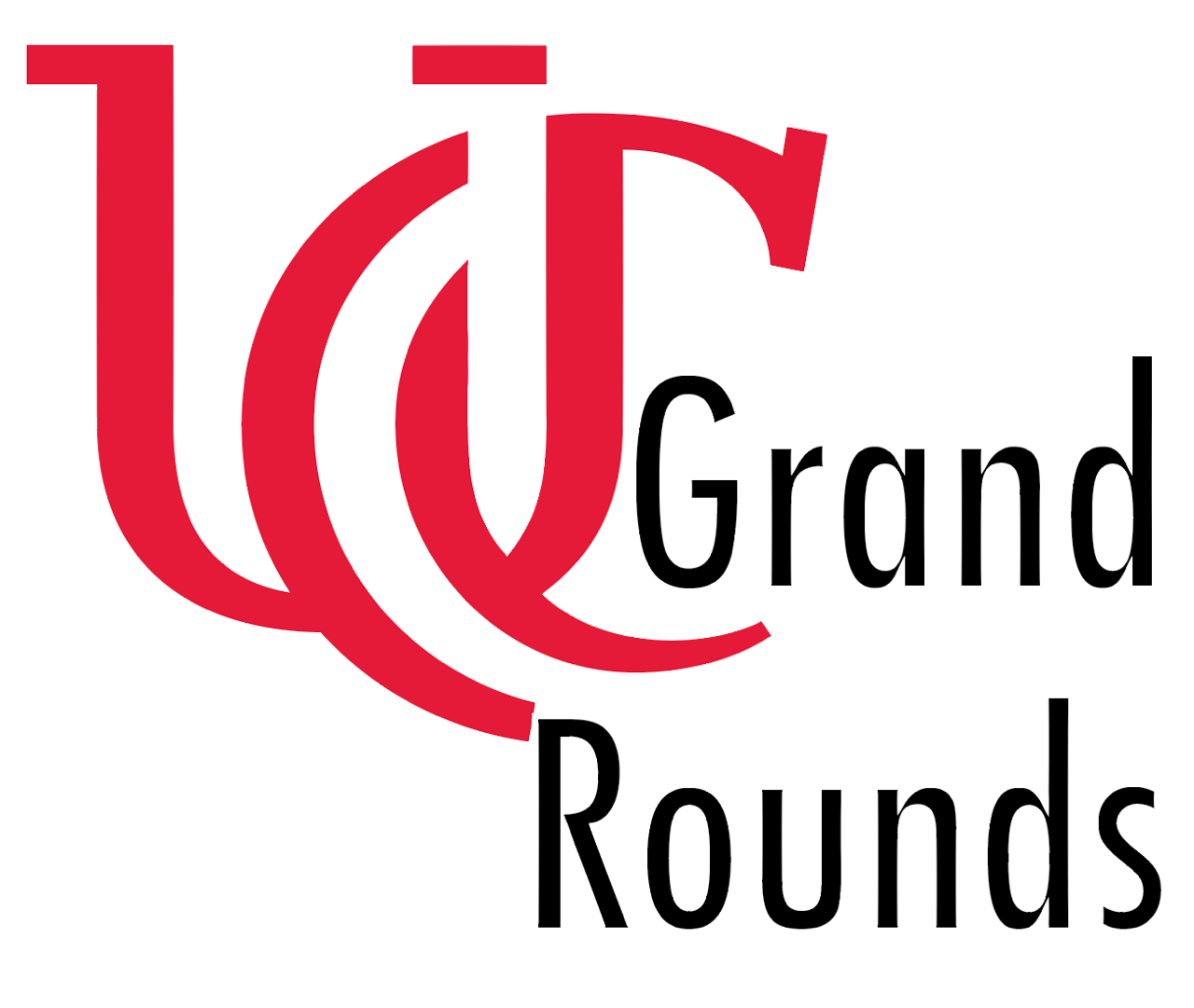But the INR is 3.2! Markers of Coagulation Status in Cirrhotics
/In patients with cirrhosis and ongoing bleeding, it can be challenging to determine whether or not patients are hyper or hypocoagulable. Traditional markers of coagulation status like INR can be difficult to interpret in patients with abnormal synthetic function and potentially increase consumption of coagulation factors. Can TEG (thromboelastography) be a helpful too in these situations? In this journal club recap, Dr. Grisoli recaps a recent article by Rout et al that addresses this issue.
Read More












